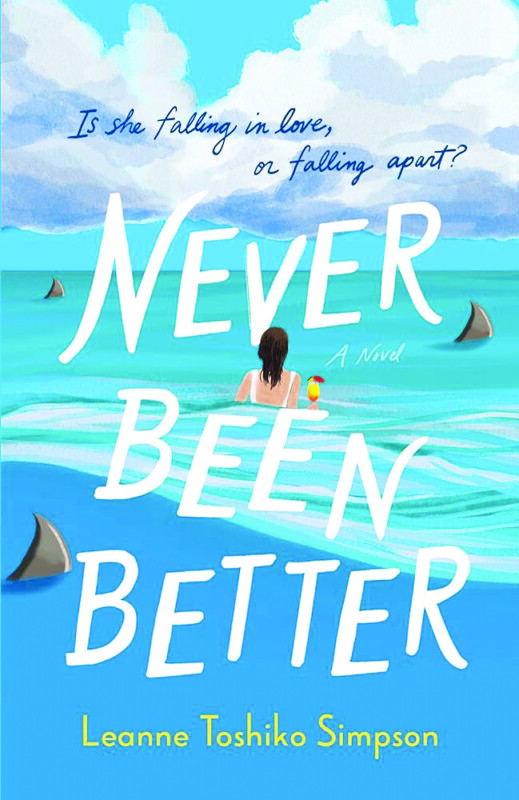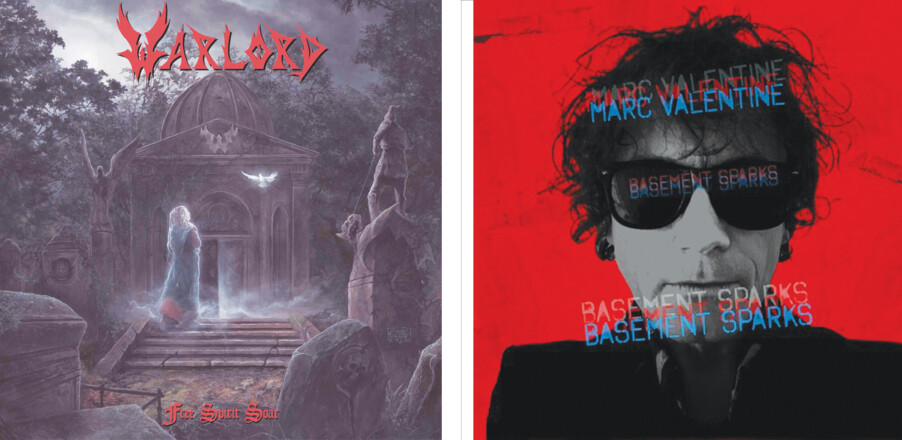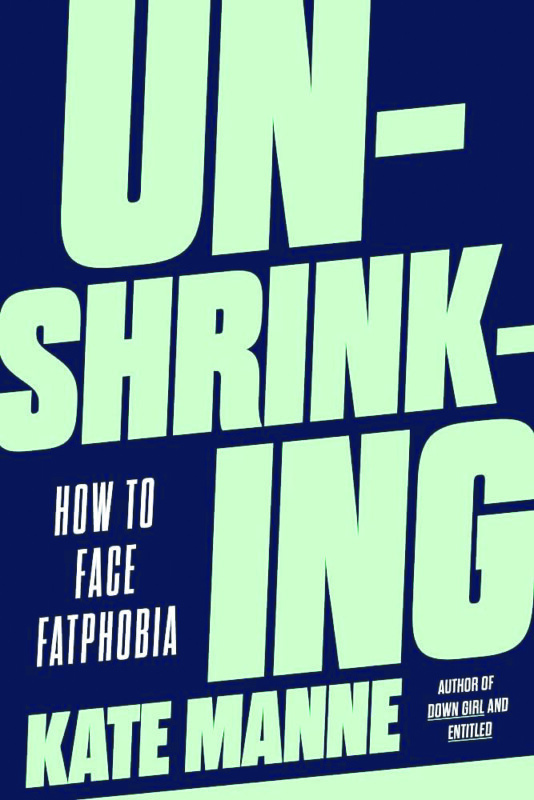Altin Sencalar, Discover The Present (Posi-Tone Records)
This jazz leader and his long-time co-trombonist Chris Glassman have been hailed by such major zines as Stereophile, who said they sound like “21st century grandchildren of JJ Johnson and Kai Winding.” That’ll mean very little to folks who aren’t big in trombone-jazz, of course, aside from the obvious, they’ve got a nice setup going on here. There are Latin and Vegas edges to this stuff, most eminently in a cover of Four Tops’ 1970s radio-hit “Ain’t No Woman Like the One I’ve Got,” which is jaw-droppingly clean on the production end. The proverbial fourth wall has been all but obliterated in the Big Tech era; any search for Sencalar brings up his LinkedIn page first and foremost, which kind of struck me funny; it enumerates all the colleges where he’s taught, including some in Japan. That left me with the impression I’d be hearing rote academic renditions of this stuff aimed at a particular niche, but the exuberance is really inspiring throughout. A+ —Eric W. Saeger
The Legless Crabs, “Golden Bachelor” / “Get Down” (Metal Postcard Records)
Meanwhile, somewhere on Alpha Centauri, there are bands that, like Pepperidge Farm, remember. In the case of this band, what’s remembered is the Butthole Surfers, a band I’d bet 99 percent of you folks have heard of but only 0.01 percent have actually listened to. Now, Metal Postcard seems to be something of a prank record label, given that they charge random prices for their records, like, one was $22,890, and you can purchase this band’s entire discography for $264.67 (or just the two-sided single for $2). Boy, that’s some nerve, but these guys are such full-of-baloney popinjays (sample press quote: “If the Legless Crabs had released music in the ’60s they would have been rediscovered in the ’80s and fawned over”) that I can’t think of anything bad to say about them. But yes, these tunes do sound like the Surfers: slow, messy, distorted beats and bullhorned vocals, do you need anything else? Of course you don’t. A+ —Eric W. Saeger
PLAYLIST
A seriously abridged compendium of recent and future CD releases
• Friday is April 5, and it will mark another Friday of albums for your listening displeasure and whatnot! You know what band we haven’t talked about in a long time is Vampire Weekend, remember them, you guys? They were like a cross between Ben Folds and Paul Simon, doing yacht rock for flat-broke millennials who lived with their parents. How did they ever get so big? No, I’m asking you, how did that band ever happen? OK, fine, the polyrhythms were borderline interesting, if you’re new to this planet and had never heard people playing, you know, drums before, or something? Lyrically, they’re sort of edgy, offering “a dynamic blend between the secular and the religious,” which means zip if you don’t care about lyrics, but you know what else, Barack Obama sought their support for his 2012 re-election campaign, and since they believed that politicians actually had a say in what happens in this country, they gladly accepted. But anyway, they had legitimacy during that mercifully short Aughts era when everyone hated music and was getting their revenge by listening to this band and so many others, so what have they gone and done but recorded a new album! This one, which only came out a few hours ago, is titled Only God Was Above Us.
• For some reason — probably because I don’t really care about either of them all that much — I’m always confusing the Black Lips with The Black Keys, whose new album, Ohio Players, is on the way! No, kidding, I do like how the Lips behave like demented punk rockers, and they can be sort of cool, don’t get me wrong. The Keys, though, I thought that was just a summer thing with the skinny jeans crowd, but it did last, Gawd bless ’em, so, on the occasion of this new album, it’s time once again to try to tell them from Arctic Monkeys or Strokes or whatnot (I never could, Gawd bless ya if you can). Lol, the Black Keys subreddit has some bad reviews of this thing, never mind the stupid kiss-butt bot that pops in to say “Myeahhh, I hope this means they’ll be spending time in Ohio!” Good grief, get me out of this subreddit, why am I even doing this, let’s go listen to one of the new songs, “I Forgot To Be Your Lover.” Ack, they’re trying to be Sam Cooke, or maybe — wait, I get it now — the Ohio Players in ballad mode! Boy, I’ll tell you, I have no use for this at all, but if you’re big into hookless tuneage, go for it.
• Wait, I thought Old 97’s were all done being mean to music, but if so, why am I seeing a new album called American Primitive being released by them this week? Wait, no, forget it, Rhett Miller is still their singer, I’d gotten confused because he was doing solo albums for a few years there and had kind of dumped them, not that I was keeping track. “Where The Road Goes” sounds like something Willie Nelson should be singing, not someone who isn’t 100 years old. It isn’t a very interesting song, is writing interesting songs even part of the typical game plan for bands nowadays? Discuss.
• We’ll end this remarkably uninteresting week of new albums with Phosphorescent’s new one, Revelator. Phosphorescent is the stage name of American indie singer-songwriter Matthew Houck, who is originally from Alabama but now lives in Athens, Georgia, so people will think he’s cool or whatever. The title track has mellow, strummy acoustic guitar, and there’s Spacemen 3 reverb on Houck’s voice, which is pretty much the only thing that’s keeping me from falling asleep while it’s playing. He sounds like a bad karaoke version of José González. What on Earth possesses people to support artists like this, seriously? —Eric W. Saeger






